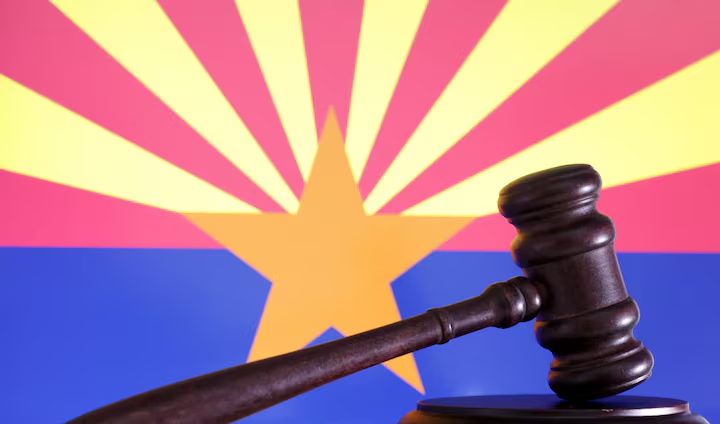Arizona’s highest court has shelved a proposal that would have allowed people without full law licenses to represent or prosecute defendants in criminal cases, citing significant opposition from within the state’s legal community.
The initiative, put forward by the Administrative Office of the Courts, envisioned a program where candidates could complete two semesters of criminal law courses, practice for nine months under the supervision of an experienced attorney, and then take a specialized exam to become licensed for most criminal cases — though not capital punishment.
According to Reuters, the plan was intended to ease staffing shortages in prosecutor and public defender offices, especially in rural areas, while lowering the cost of entering the profession from the standard three years of law school to just one.
Pushback from prosecutors and defenders
Despite its goals of expanding access to justice, the proposal met strong resistance. Prosecutors and public defenders argued it would reinforce perceptions that public defense lawyers are less qualified, reduce fees counties are willing to pay for indigent defense, and face possible constitutional challenges.
“There was considerable pushback from the stakeholders, and this is a case that if the county attorneys won’t hire them, it doesn’t make sense to proceed,” said Dave Byers, director of the Administrative Office of the Courts and author of the plan.
Arizona is one of a few states that already allows limited legal licenses for non-lawyers in areas such as family law and landlord-tenant disputes. But this would have been the first program to extend into criminal law.
State officials said they will continue exploring alternative licensing pathways. One such effort, the Lawyer Apprentice Program, launched last year, allows law school graduates who narrowly fail the bar exam to become licensed after two years of supervised practice in rural, government, or nonprofit roles.








